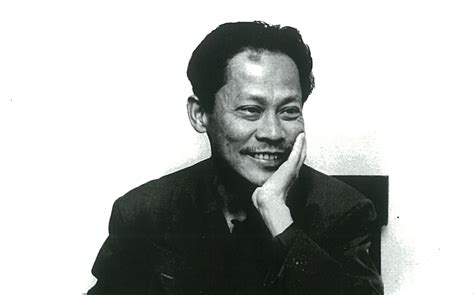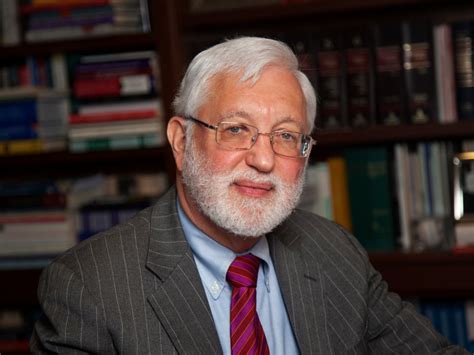A Quote by Michel de Montaigne
How many condemnations I have witnessed more criminal than the crime!
Related Quotes
We think of justice sometimes as getting what you deserve, you know? - ?what crime was committed and what is the punishment for that crime. That's how a lot of the criminal justice works. But God's justice is restorative, so it's not as interested in those same questions of "What did they do wrong?" and "What is the punishment for that?" It's more about what harm was done and how do we heal that harm, and that's a much more redemptive version. So, it definitely doesn't turn a blind eye to harm, but it does say we want to heal the wounds of that.
In existing criminology there are concepts: a criminal man, a criminal profession, a criminal society, a criminal sect, and a criminal tribe, but there is no concept of a criminal state, or a criminal government, or criminal legislation. Consequently what is often regarded as "political" activity is in fact a criminal activity.
Society, during the last hundred years, has been alternately perplexed and encouraged, respecting the two great questions -how shall the criminal and pauper be disposed of, in order to reduce crime and reform the criminal on the one hand, and, on the other, to diminish pauperism and restore the pauper to useful citizenship?
Society during the last hundred years has been alternately perplexed and encouraged respecting the two great questions: how shall the criminal and pauper be disposed of in order to reduce crime and reform the criminal on the one hand and, on the other, to diminish pauperism and restore the pauper to useful citizenship?
At the risk of repetition let me say again that my plea is not for immunity to, but for the most unsparing exposure of, the politician who betrays his trust, of the big business man who makes or spends his fortune in illegitimate or corrupt ways. There should be a resolute effort to hunt every such man out of the position he has disgraced. Expose the crime, and hunt down the criminal; but remember that even in the case of crime, if it is attacked in sensational, lurid, and untruthful fashion, the attack may do more damage to the public mind than the crime itself.
No matter how one approaches the figures, one is forced to the rather startling conclusion that the use of firearms in crime was very much less when there were no controls of any sort and when anyone, convicted criminal or lunatic, could buy any type of firearm without restriction. Half a century of strict controls on pistols has ended, perversely, with a far greater use of this weapon in crime than ever before.
The fact that more than half of the young black men in any large American city are currently under the control of the criminal justice system (or saddled with criminal records) is not - as many argue - just a symptom of poverty or poor choices, but rather evidence of a new racial caste system at work.









































